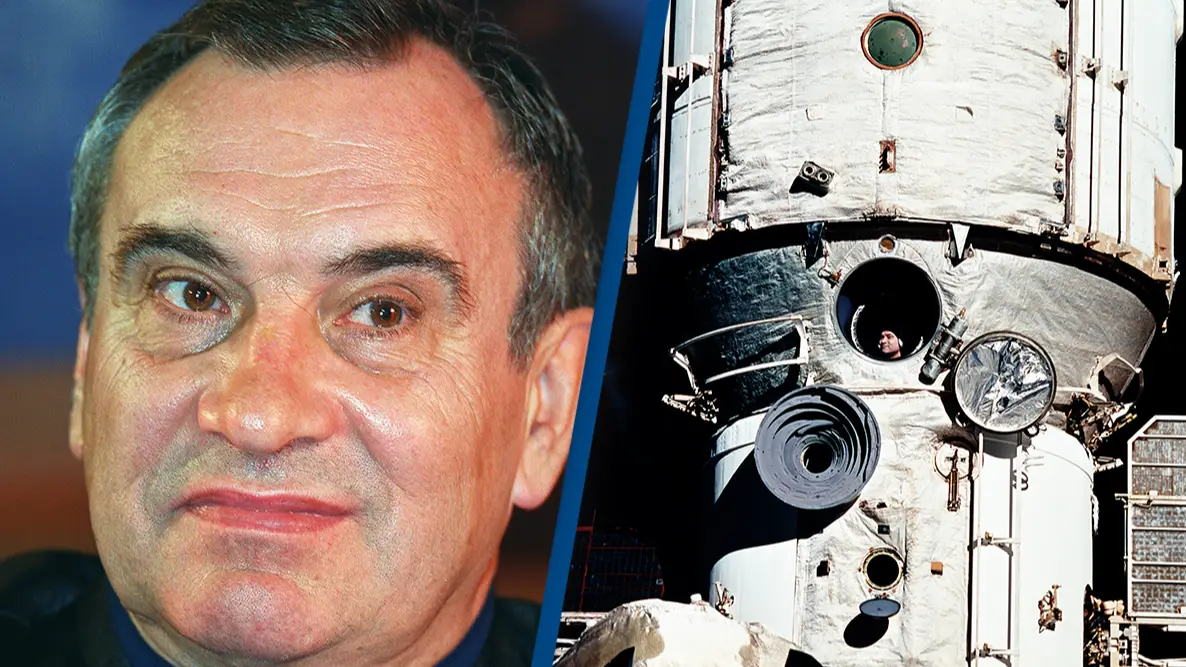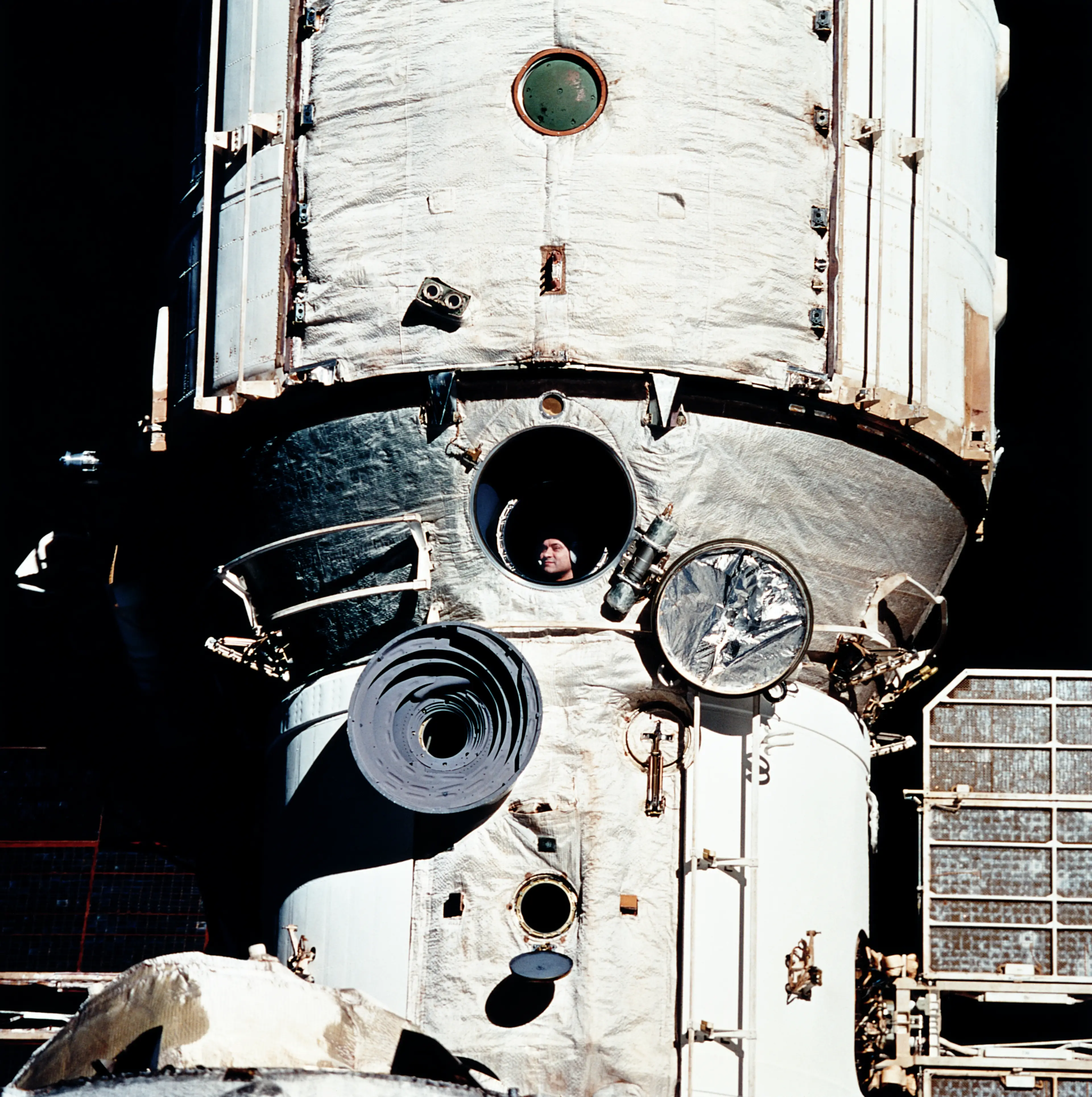
An astronaut who spent 14 months in space pulled off the 'simple' mission he was hoping to achieve.
With only 610 people in the world having reached Earth's orbit as of February 2024, space travel is no easy feat.
Just ask Michael Foale, who cheated death by a matter of minutes when his module started spinning out of control during a four-month long mission.
But for one Russian cosmonaut, the chance to live on the Mir space station for a record-breaking 437 days was too good an opportunity to miss.
Advert
Valeri Polyakov had already spent 240 days above our planet for his first flight aboard the Soyuz TM-6.

He told told Robert Zimmerman, author of Leaving Earth: Space Stations, Rival Superpowers, and the Quest for Interplanetary Travel, that there was much more pressure for his second mission in 1994.
This is largely because the project was financed amid economic chaos in Russia, during the dissolution of the Soviet Union.
Zimmerman explained: “Moments before launch, Polyakov’s thoughts were far different than those on his first flight. Then he had felt eager, excited, and joyous about finally getting into space.
"Now he felt only fear. He wasn’t afraid of dying. Far from it. What he feared now more than anything was failure. ‘What if something goes wrong?’ he asked himself…. ‘I had sacrificed so much time,’ he thought. ‘The government has spent so much, more than they can afford.’”
But Polyakov's mission was, summed up, pretty simple. He told National Geographic in 2001: “My goal was to demonstrate the ability to work on Mars and come back in good health."

Fortunately, nothing went wrong. A successful launch and dock later, Polyakov and his crew mates were able to perform 25 experiments which would be used to inform on how the effects of space impact on the body.
Speaking in 1996, Polyakov explained: "I was able to come out of the capsule by myself, to walk around, to undress, to dress, to do pretty much everything. And be conscious of everything. That was pretty much the goal of the flight.
"I had to show that it is possible to preserve your ability to function after being in space for such a long time. But the gravity on Mars is .37. And since I was able to stand up and walk on the Earth wearing a space suit, it shows that [a] human is able, will be able to stand up and walk on Mars.”
The astronaut returned to space, setting the record for longest cumulative time in space with 678 days over two missions. This was surpassed in 1999 by cosmonaut Sergei Avdeyev with a total of 747 days in space during three different missions.